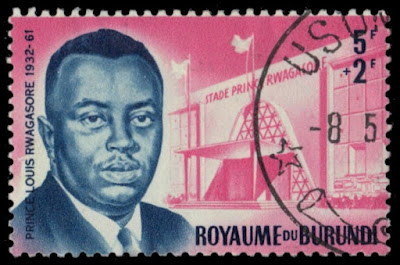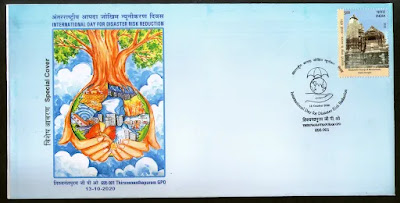A man of the masses, firm in his political
convictions. On October 13, 1999, he took charge as Prime Minister of
India for the second consecutive term at the head of a new coalition
government, the National Democratic Alliance. He was Prime Minister for a
short period in 1996. He is the first Prime Minister since Pandit
Jawaharlal Nehru to have become Prime Minister of India with two
successive mandates.
A veteran Parliamentarian whose career
stretches over four decades, Shri Vajpayee has been elected to the Lok
Sabha (House of the People) nine times and to the Rajya Sabha (House of
the States) twice, a record by itself.
As India’s Prime Minister, Foreign Minister,
Chairperson of various important Standing Committees of Parliament and
Leader of the Opposition, he has been an active participant in shaping
India’s post-Independence domestic and foreign policy.
Shri Vajpayee’s first brush with nationalist
politics was in his student days, when he joined the Quit India Movement
of 1942 which hastened the end of British colonial rule. A student of
political science and law, it was in college that he developed a keen
interest in foreign affairs – an interest he has nourished over the
years and put to skilful use while representing India at various
multilateral and bilateral fora.
Shri Vajpayee had embarked upon a
journalist’s career, which was cut short in 1951 when he joined the
Bharatiya Jana Sangh, the fore-runner of today’s Bharatiya Janata Party,
the leading component of the National Democratic Alliance. A critically
acclaimed poet, he still takes time off from affairs of state of
indulge in music and in a bit of gourmet cooking.
Born in the family of a humble school teacher
on December 25 1924, in the erstwhile princely state of Gwalior (now a
part of the Indian State of Madhya Pradesh), Shri Vajpayee’s rise in
public life is a tribute to both his political acumen and Indian
democracy. Over the decades, he has emerged as a leader who commands
respect for his liberal worldview and commitment to democratic ideals.
An ardent champion of women’s empowerment and
social equality, Shri Vajpayee believes in a forward-looking, forward
moving India, a strong and prosperous nation confident of its rightful
place in the comity of nations. He stands for an India anchored in 5000
years of civilisational history, ever modernising, ever renewing, ever
re-energising itself to meet the challenges of the next 1000 years.
India’s second highest civilian honour, the
Padma Vibhushan, was conferred upon him in recognition of his selfless
dedication to his first and only love, India, and his more than
half-a-century of service to society and the nation. In 1994, he was
named India’s ‘Best Parliamentarian.’ The citation read: “True to his
name, Atalji is an eminent national leader, an erudite politician, a
selfless social worker, forceful orator, poet and litterateur,
journalist and indeed a multi-faceted personality..Atalji articulates
the aspirations of the masses.. his works ever echo total commitment to
nationalism.









